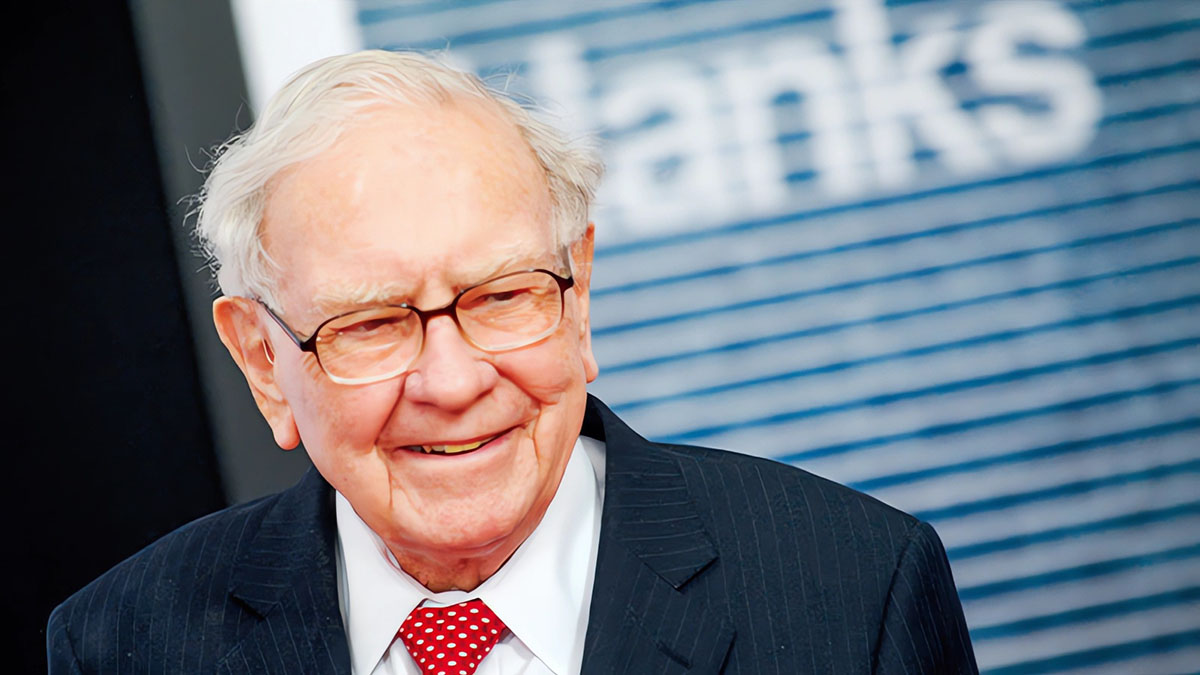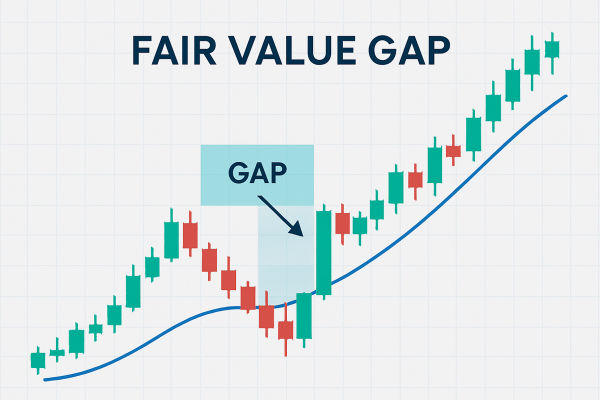In the field of investment, Buffett's name is as loud as thunder. Even though
he is over ninety, he is still considered a legend on Wall Street because of his
outstanding performance over fifty years, with an average annual return of 21%.
This number may not sound surprising, but by placing it on the timeline of
long-term investments, one can appreciate the power of compound interest. For
example, if you had invested $1000 50 years ago and put it on Treasury bond
bonds with an annual interest rate of 3%, now it would be $5000, increasing by
five times. But if you invest this $1000 in Buffett, with an average annual
return of 21%, you will now have $40 million. This number is shocking and also
demonstrates the enormous value of Buffett's investment wisdom.

Buffett's Value Investment Philosophy Reveals Secrets
Buffett is famous for his value-investment approach. How did he practice this
philosophy? Firstly, he divided his investment method into two stages: novice
and first-time master.
Being a newcomer
In his early stages, Buffett mainly focused on finding undervalued stocks,
that is, "picking cigarette butts". Unlike others, he is not just buying stocks
casually but delving into the fundamentals of the company. One of the important
indicators he focuses on is' working capital', which is the company's working
capital. His goal is to find less popular but promising stocks in the company.
In order to achieve this, he spent a lot of time researching financial
statements and establishing deep financial knowledge. The investment strategy at
this stage helped him start as a millionaire and become an investment
master.
A generation of great masters
Just as his budding stage of picking up cigarette butts was thriving, an
investment almost cost him a huge fortune. He purchased shares in a textile
factory, and at the time, its working capital was much higher than its stock
price, seemingly offering a risk-free arbitrage opportunity. However, the
decline in the industry caused him huge losses, and this investment taught him a
valuable lesson.
Since then, Buffett has entered his second stage, becoming a great master. At
this stage, he proposed his three major investment principles: finding good
companies, buying at low prices, and holding for the long term.
Find a good company
He emphasized the importance of finding good companies. He believes that
companies with excellent investments can surpass market performance. His
investment portfolio usually includes stocks that he believes have long-term
appreciation potential. He is not afraid of concentration risk; in fact, most of
his assets are concentrated in three to five stocks.
He is particularly fond of the insurance industry because its characteristics
make it a long-term, stable source of cash flow. Moreover, the operating model
of insurance companies is relatively simple: they collect premiums and then pay
claims in the future. This means that they have stable cash flow and are able to
invest this cash to generate more income. Buffett invested in multiple insurance
companies in his early stages, which helped him earn his first bucket of
gold.
He also has a passion for the consumer goods industry because these companies
have relatively simple business models, manufacturing products and pushing them
to the market. This requires efficient supply chain management and strong brand
value, with the most well-known example being Coca-Cola.
Find the right timing
Buffett emphasized the importance of identifying investment opportunities
accurately. He believes that when the market is affected by negative emotions,
it is the best time to look for investment opportunities. He is not disturbed by
external noise and emotions but firmly believes in the fundamentals of the
company. This firm belief enables him to act decisively and seize opportunities
in times of market turmoil.
Long-term holding
Buffett insists on holding stocks for the long term because he believes that
the value of the company takes time to realize. His investment philosophy
emphasizes the continuous accumulation of company dividends and growth. Even if
the market cycles fluctuate, he can still persist steadily.
Buffett's Tricks
Buffett proposed a practical trick: only buy companies that understand. He
will not blindly follow the trend or purchase investments he does not
understand, but he insists on investing only in areas he is familiar with. This
confidence and focus enabled him to avoid becoming a 'leek' in the market.
Buffett's value investment philosophy reveals his extraordinary wisdom in the
investment industry, and his successful experience also provides valuable
insights for investors. Although Buffett's investment philosophy does not apply
to everyone, it provides investors with a thoughtful and firm approach. To
achieve long-term success in investment, it requires patience, in-depth
research, and firm belief, which is the essence of Buffett's investment
philosophy.
Disclaimer: This material is for general information purposes only and is not intended as (and should not be considered to be) financial, investment or other advice on which reliance should be placed. No opinion given in the material constitutes a recommendation by EBC or the author that any particular investment, security, transaction or investment strategy is suitable for any specific person.







